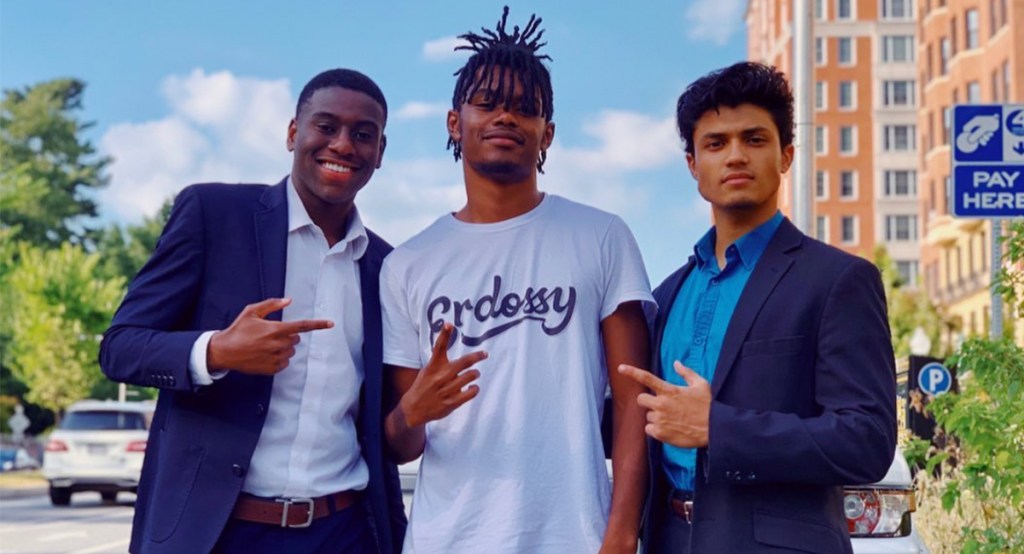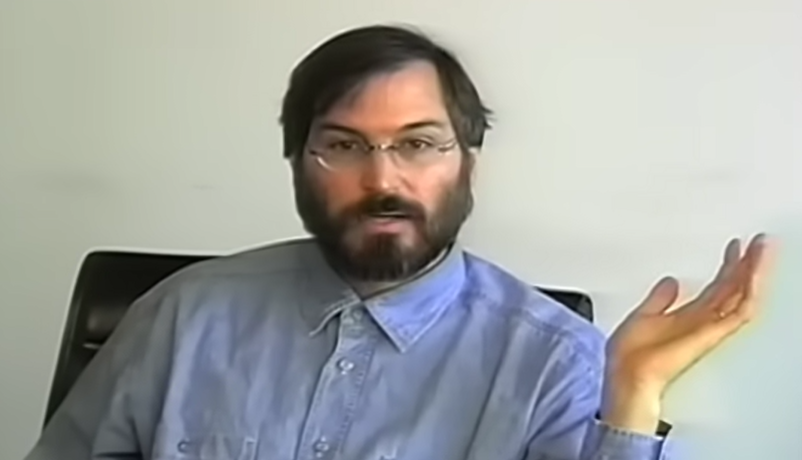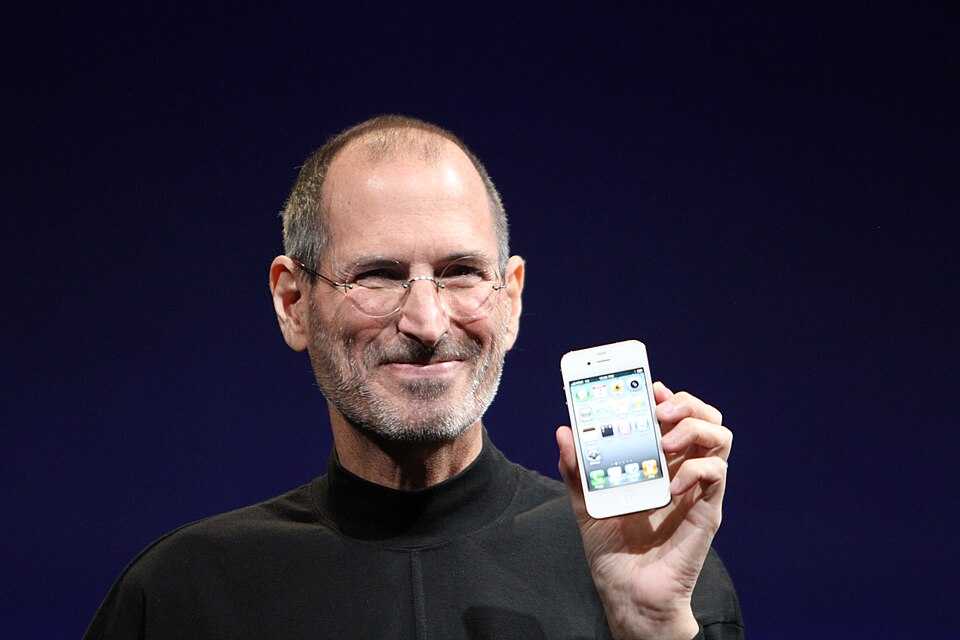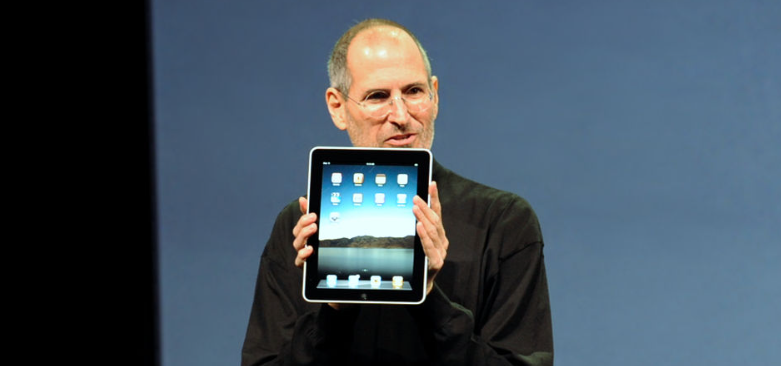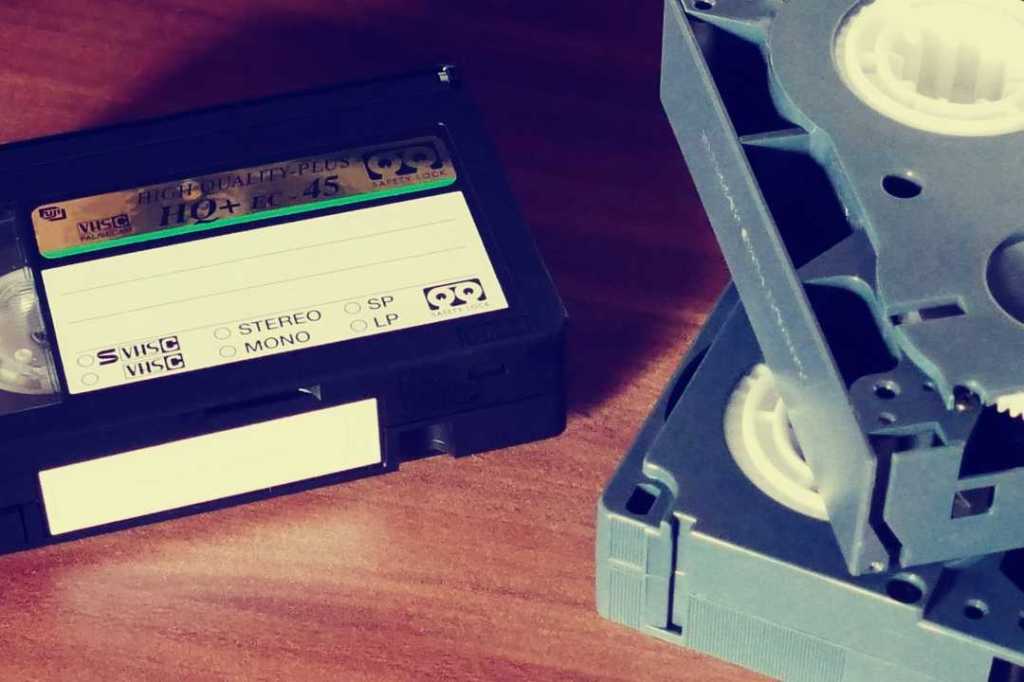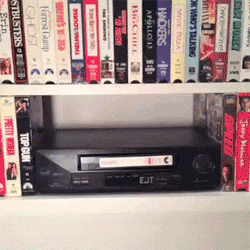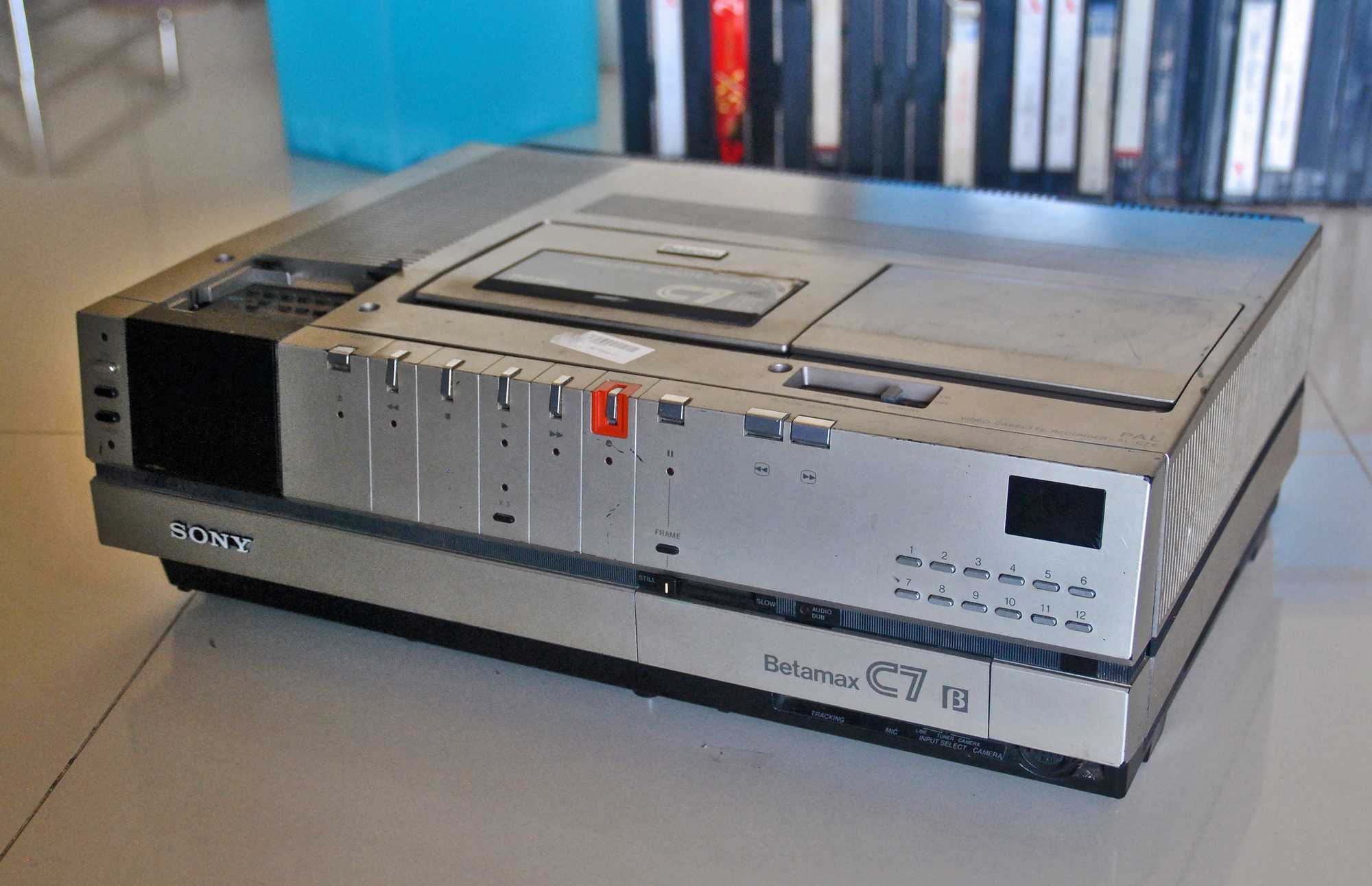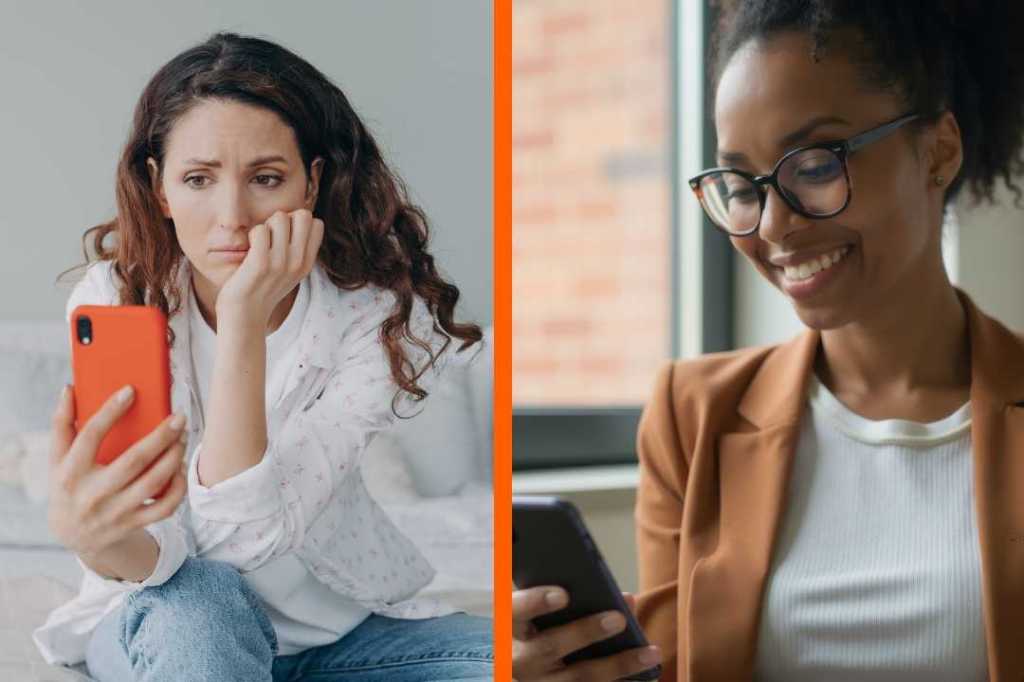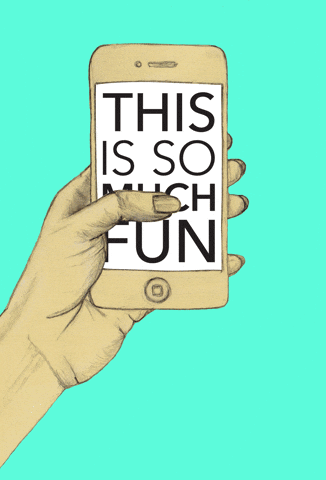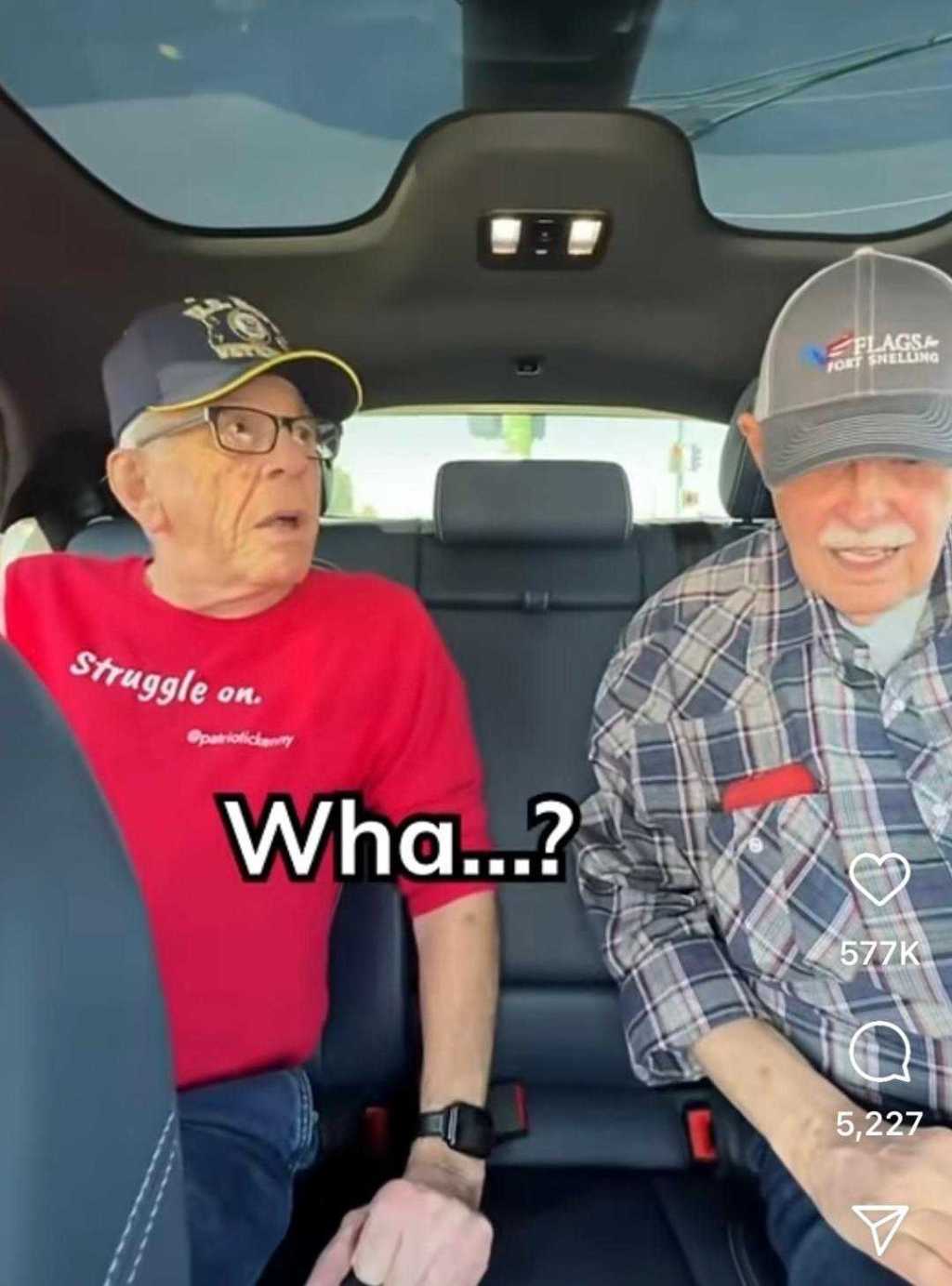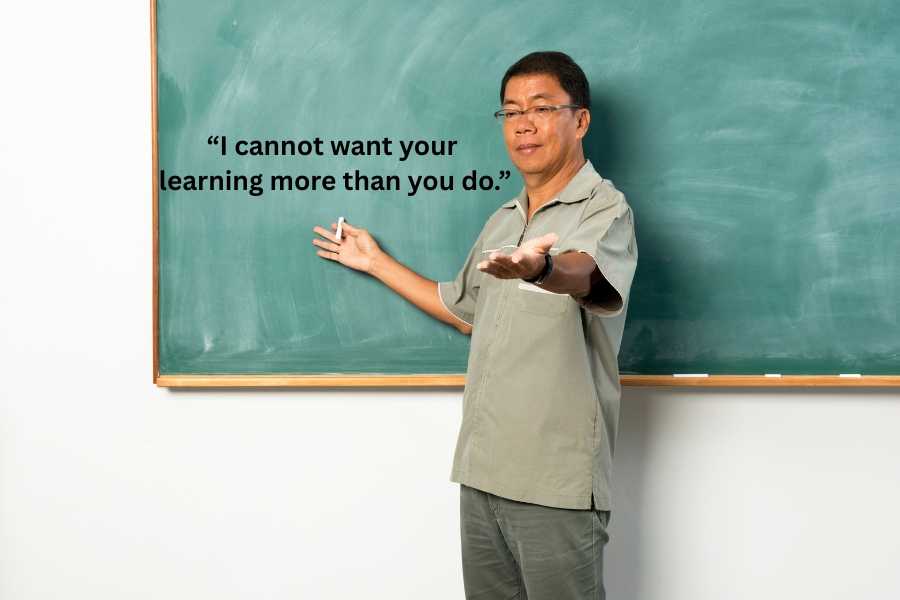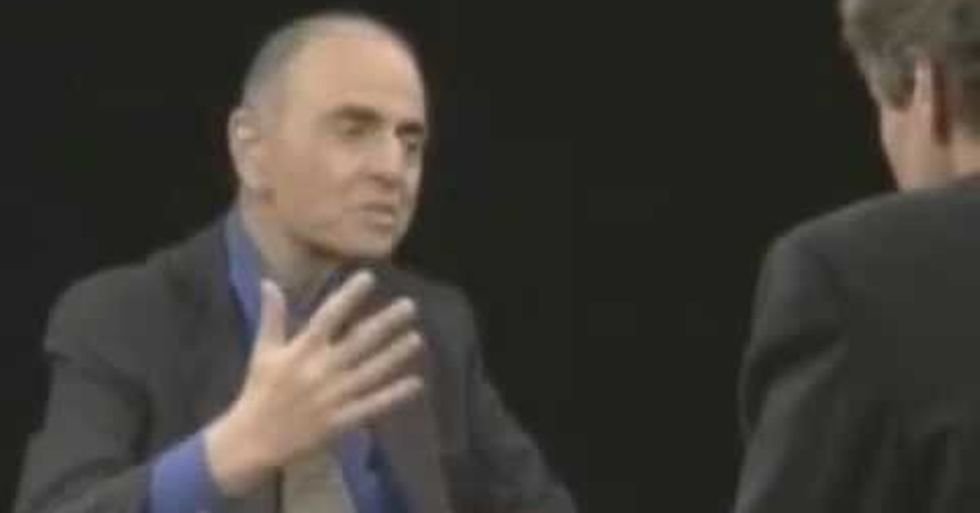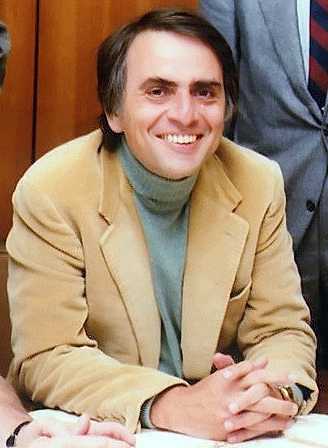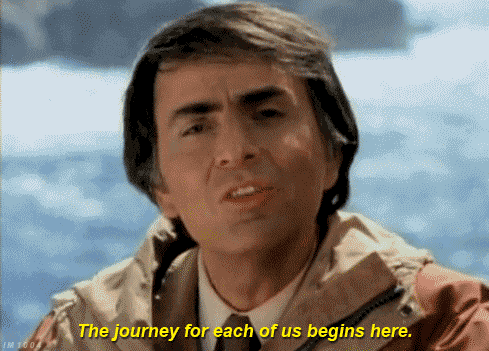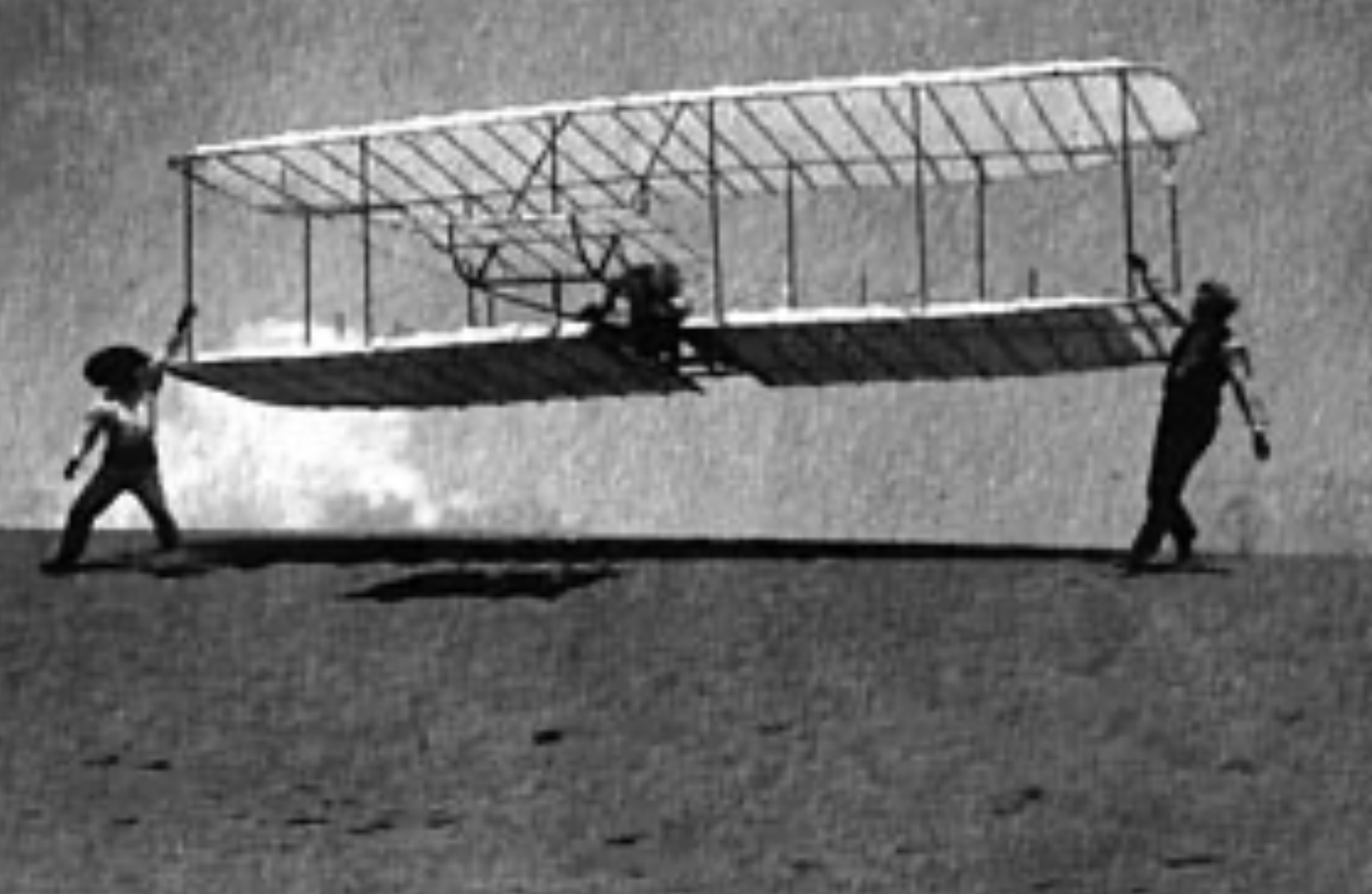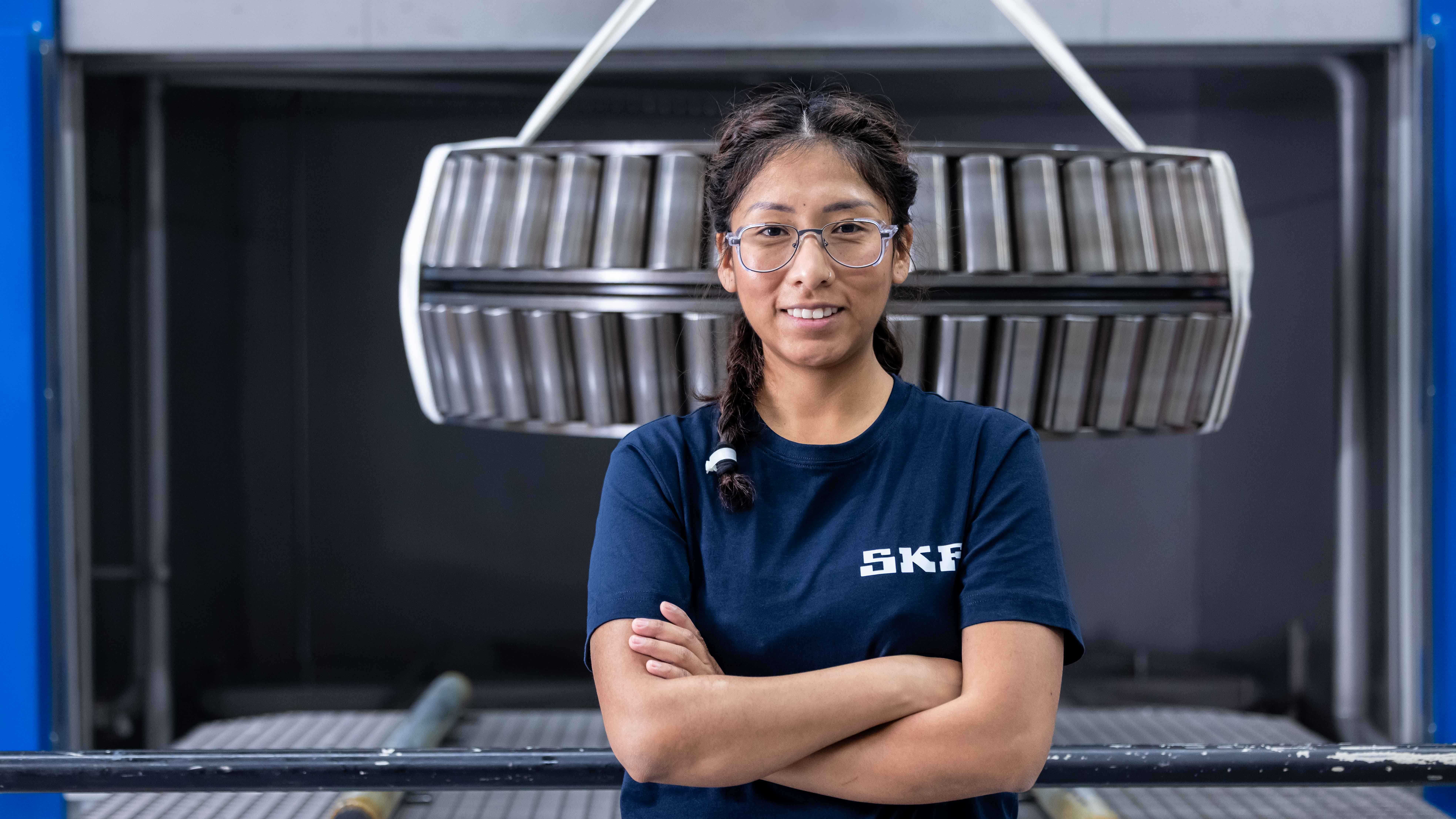While many college students spend their campus years attending parties, drinking, and sleeping in, the group of young adults who competed in a recent tech for good competition are setting the bar high.
Nearly 50 students representing 22 countries around the world recently participated in Red Bull Basement University, a four-day workshop in Toronto, Canada, comprised of lectures, keynote speakers, panels, and individual mentorship sessions with global tech leaders and inspirational entrepreneurs.
The event allowed the student teams to showcase and further develop their innovative business ideas, which were all created to help improve life on campus by driving positive change through technology.
Upworthy was able to speak with the team representing the United States, called First Fridays Group, which made it into the top 10 group of finalists. The founders, Kristofer Madu and Sindhu Banerjee, are students at Johns Hopkins University in Baltimore and developed an idea that promotes equal opportunity and access to the arts. The team explains how they came up with the idea for First Fridays Group, their vision for the future, and how technology will help them continue to improve the lives of others through their work.
Upworthy: Could you explain your idea and how you came up with it?
Kristofer Madu: We believe everyone deserves the opportunity to explore their creative passions. So we’re becoming the missing link between college students and their hidden creative talents. And that looks like easy skill acquisition in technical art form. To make that more practical sounding, consider art forms like DJ, photography, videography, music production. They’re expensive and they’re inaccessible for many who can’t afford them or even just perceive them as too hard.
Sindhu Banerjee: That’s where First Fridays comes in. What we’ve been doing is providing specialized one-on-one training with any college students. And so we bring them into our little studio. I provide them with one-on-one training, and through three 45-minute sessions, we’re able to teach them all the basics of DJ training. And then right after that, we have them perform in front of crowds of 500 people, and in the front row is their friends, all watching and recording. It’s a really transformative experience in which we give them self-confidence, we teach them a new skill, and we imbue them with the talent that they can now use for paid opportunities.
Upworthy: What is your background? If you’re teaching them, you obviously have DJ skills. But let’s say someone wants to learn more about photography. Do you guys have all those skills between the two of you, or are you bringing in outside mentors who are volunteering their time to do this?
Banerjee: Yeah, so we started off, the three of us… Duncan is our third member who’s in the United States. He has excellent photography skills. His dad has photographed for Prince. I’ve been deejaying for the past three years, and Kris has been rapping for the past eight. So together, we do have strong artistic abilities.
One-on-one trainings take a lot of time. And so the first step in trying to train as many people as possible, we brought on two more student DJs who have helped DJ more students. So at this point, we’ve trained over 40 people how to DJ.
But that’s the reason why we want to go into tech is because if we want to be teaching as many people as possible, we want to be able to have a platform to make it more tangible. The first 40 minutes of what I’m teaching anybody is the exact same stuff. It’s beat matching, it’s filtering, and then it’s putting songs together to build their set. That applies to every single training I do, and so to solve that inefficiency, we can make that standard on a digitized platform.
Madu: I want to stress that our platform is not at all limited to DJ, and we’ve provided opportunities for creatives in several mediums, whether it’s one-on-one DJ trainings, or photography and videography workshops, or even studio recording sessions for recording artists.
So I want to tell you a story of what exactly that’s looked like. Baltimore is a city with a lot of economic disparity. It’s one of the top 10 most impoverished cities in the United States. As a result, there are high degrees of separation between universities and the local communities that surround them, especially in Baltimore. This is a need that exists all around the country.
I want to talk about Mandy. Mandy is a Baltimore native and she goes to a local Baltimore school. She’s always had a passion for photography, but she’s struggled a lot to find outlets to practice those. So every single month we organize events, and Mandy, we’ve brought on our team as our event photographer. But in addition, through our booking agency…we connected Mandy to two paid contracts with Johns Hopkins University to gain economic opportunities through the passion that, before, she thought something like that was impossible.
Upworthy: So are the institutions or venues where these people are showcasing their skills volunteering their space? What does that business model look like?
Madu: We are creating a sustainable business, and thus far, it has been revenue generating. So we have revenue coming in from different streams. Our events are thrown every single month and they’re bringing in crowds of up to 500.
Banerjee: And just to add to that, we strive to be a least-cost provider. Companies throwing events similar to us charge $43 for a single ticket, and that would come with maybe one drink. We provide tickets at $5 to $8 each. And so we’re able to bring in all people from all sorts of background.
Upworthy: You briefly mentioned how you see tech coming into play, but do you have a vision for what your platform would look like? Would you offer, say, an intro to deejaying as a video for students?
Banerjee: It’s really simple. We offer a gamified process. So we want to follow a model where you’re rewarded points based on your skill and consistency. With those points, you can decide how to use them. If you want to use them in order to access more higher-level features, you can go for that. If you want to be able to perform at our events, you can also do that. And then the third one is bookings, at which point you apply to get booked by the First Fridays Group booking agency, and we look at your skill levels based on the points you’ve garnered, and if you’re good enough, then we’re going to go check you out. And if we check you out and you’re good enough, then you’re going to come perform for us.
Madu: We are essentially not just establishing an app, but we’re establishing a pipeline where someone that has no skill, no exposure, no experience, and they didn’t even know they had the interest, can go from a curious creative to a confident crowd favorite, never having to spend a single dollar of their own money. Let’s say they want to upgrade or do a subscription model. The cost, if you want to go out and become a DJ yourself, you’re spending more than a thousand dollars to actually get good the right way. And that can be boiled down to something affordable on the college student’s budget, as well as profit can be subsidized in order to make it available for those from lower income backgrounds. So that’s what drives us and that’s what that looks like in tech.
This interview has been edited for clarity and conciseness.

